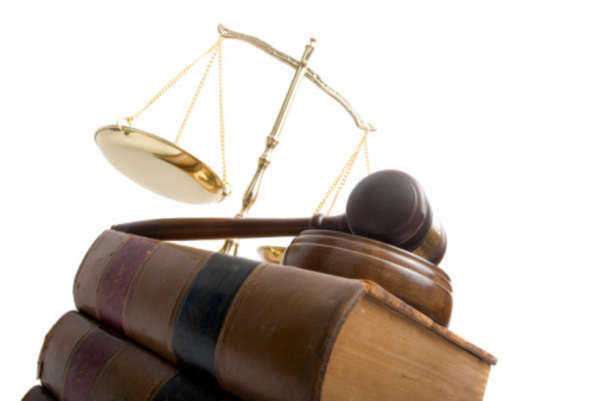Legal Remedies for Creditors
The creation of a lien against a particular property of
the debtor's can be a potent safeguard against delinquent payments and
defaulting on a loan or extension of credit. Some processes guaranteed by statute may be used either
as a preemptive remedy or reactive judgment in favor of creditor rights. One
such example is the legal provision of attachment.

Attachment is a strategy that basically amounts to lawful
seizure of a debtor's property to satisfy a debt. As a preventive measure,
attachment keeps debtors from getting rid of assets to avoid collection or
transferring them to an international account whereby creditors will have
little to no access to them.
As noted, wage garnishment may also stand as a symbol of
the importance of creditor's rights within debtor-creditor law. In fairness,
those who have debts to satisfy to a lender or to an estranged former spouse or
child may own up to their responsibilities and submit to a voluntary
garnishment of their take-home pay. Nonetheless, it is often a court order
granted to the party who extended the credit that will make any attempt to
subtract from a person's income enforceable. Again, though, as national
standards dictate, there are limits to this insurance of creditor rights.
Unless the employee owes back taxes or domestic support, only 25% of each
paycheck may be taken out pursuant to these interests.